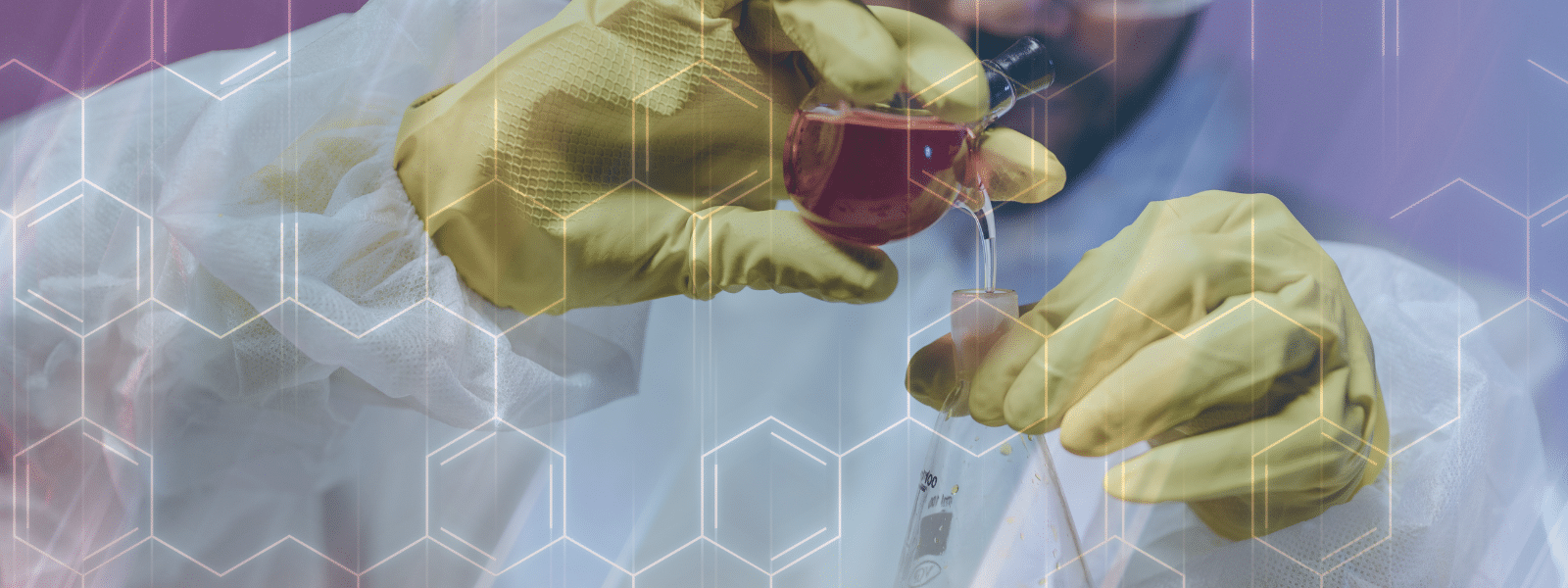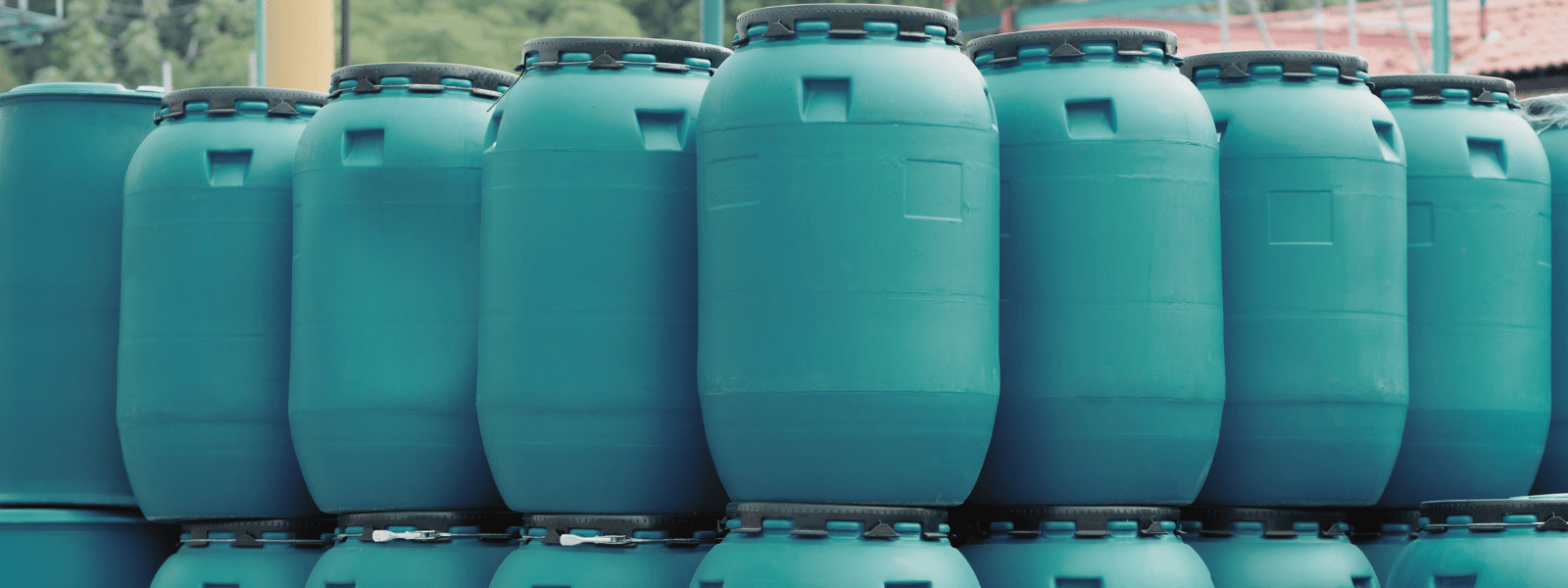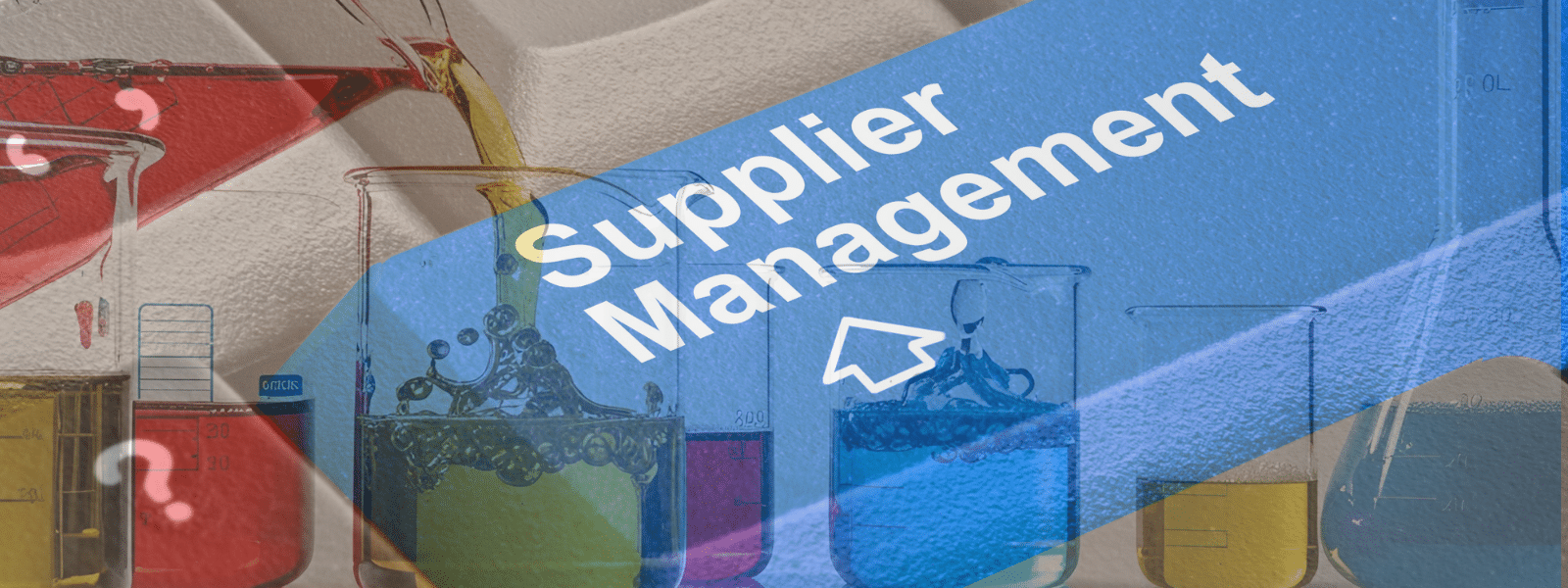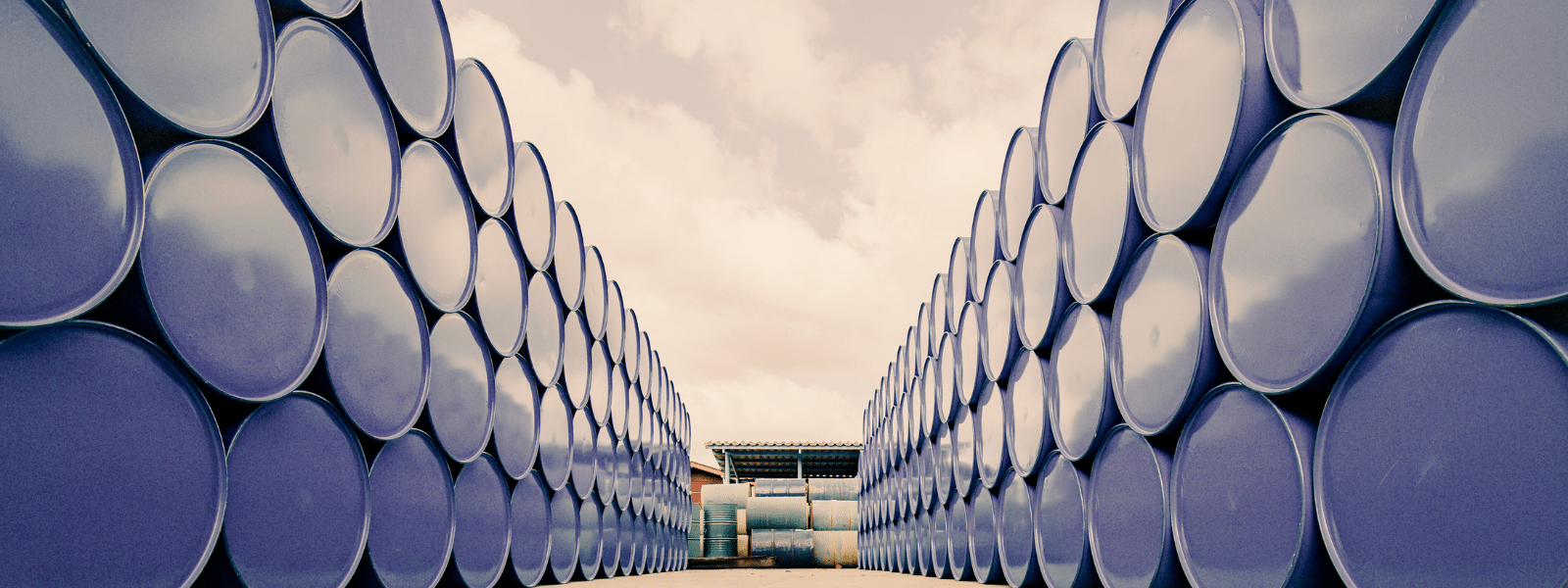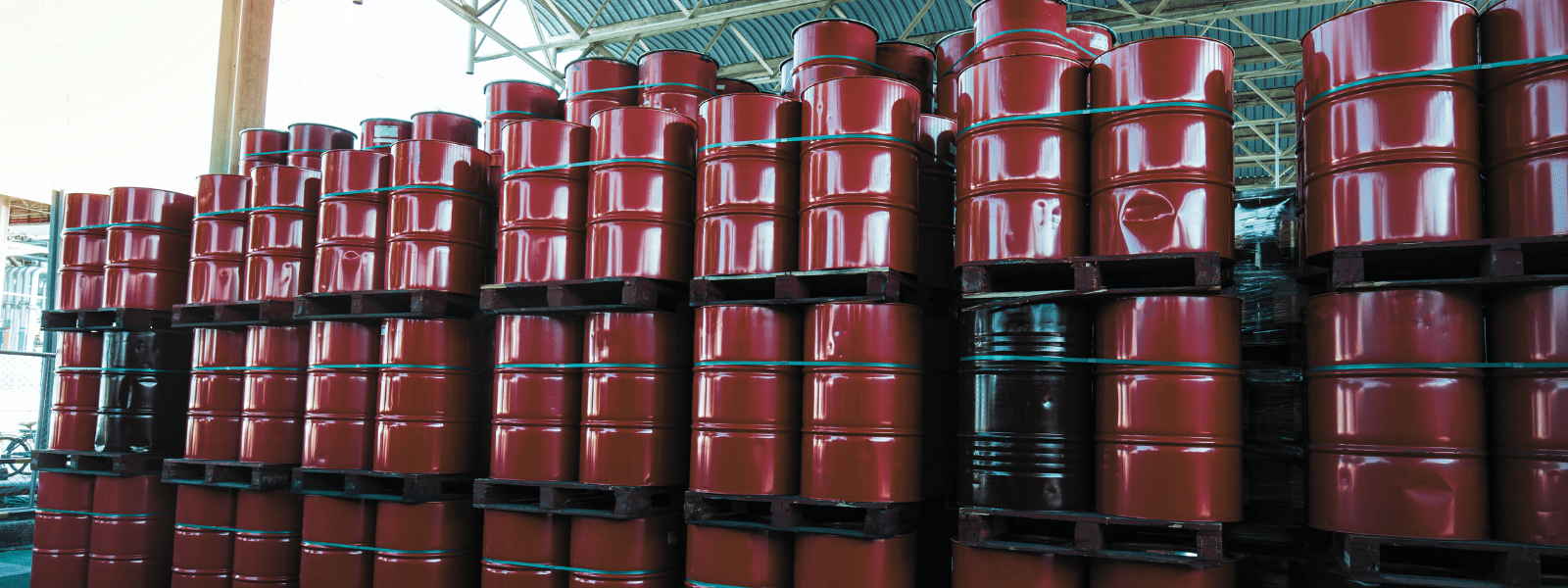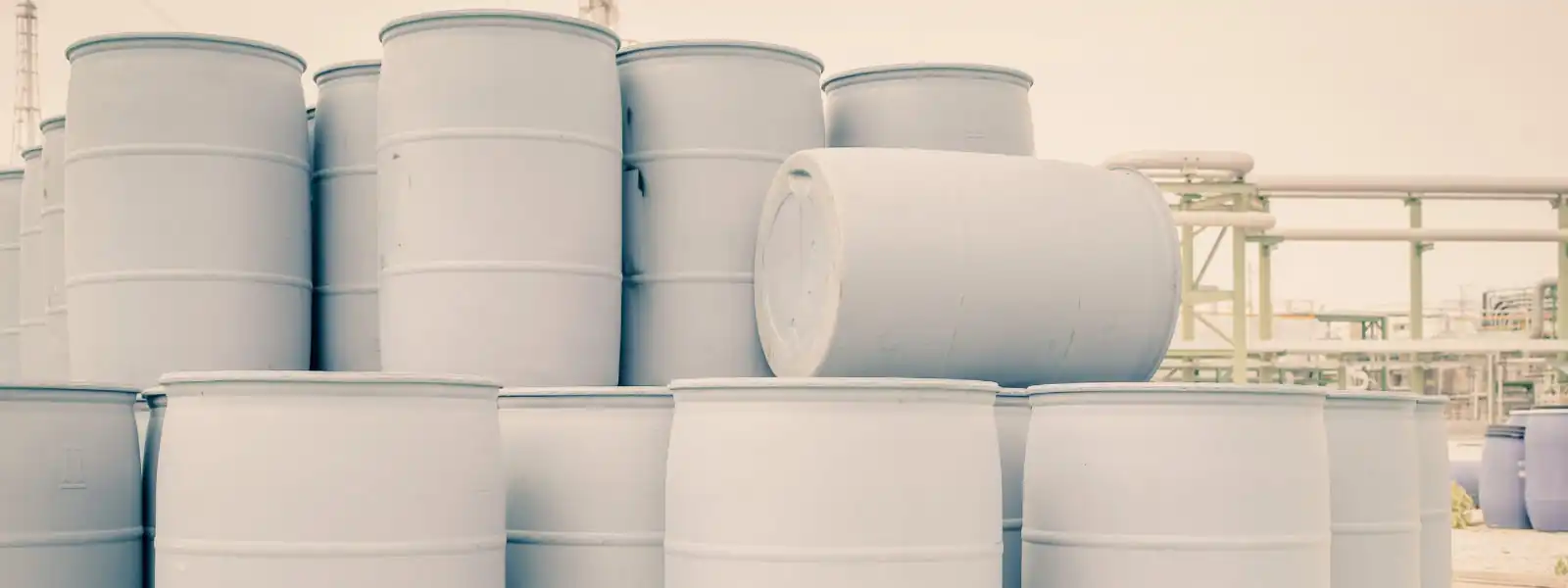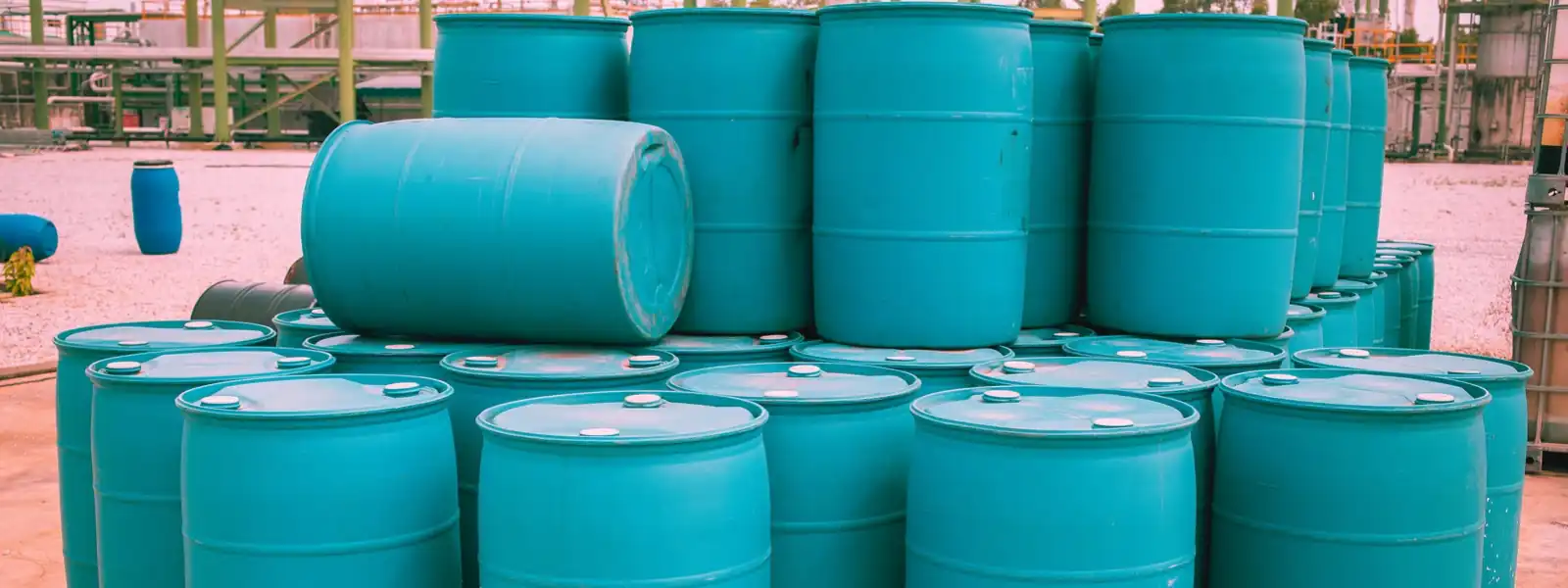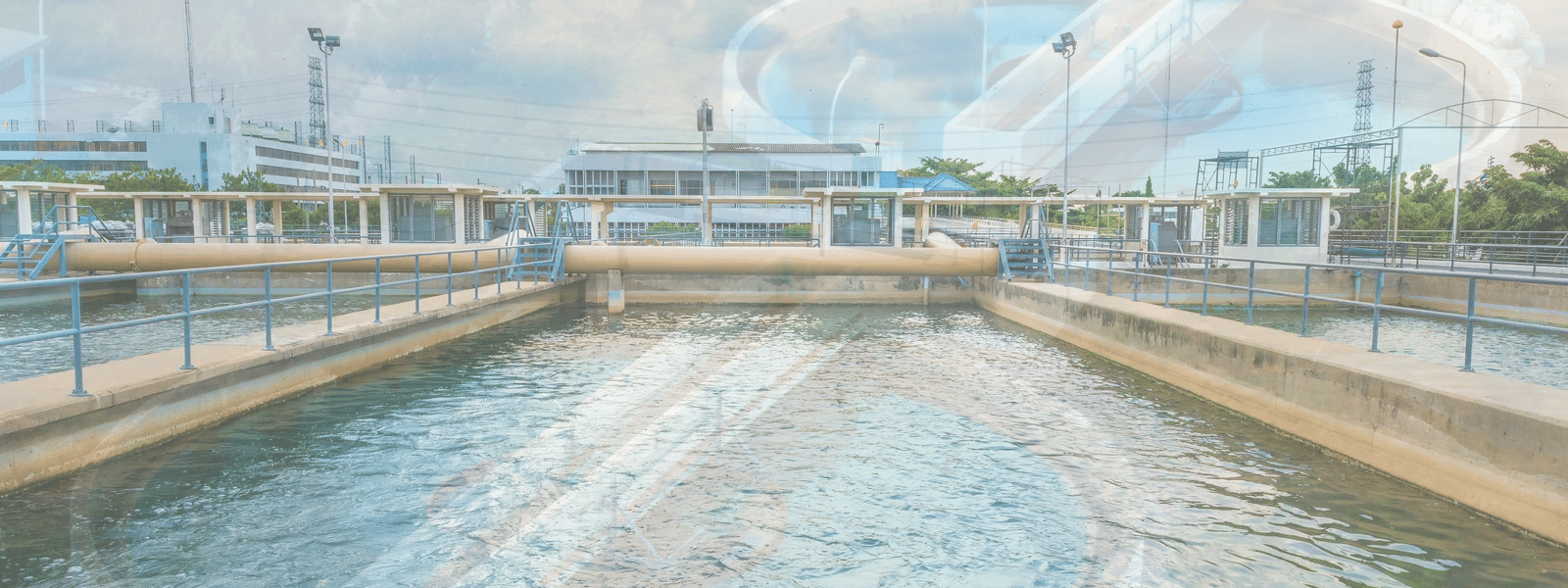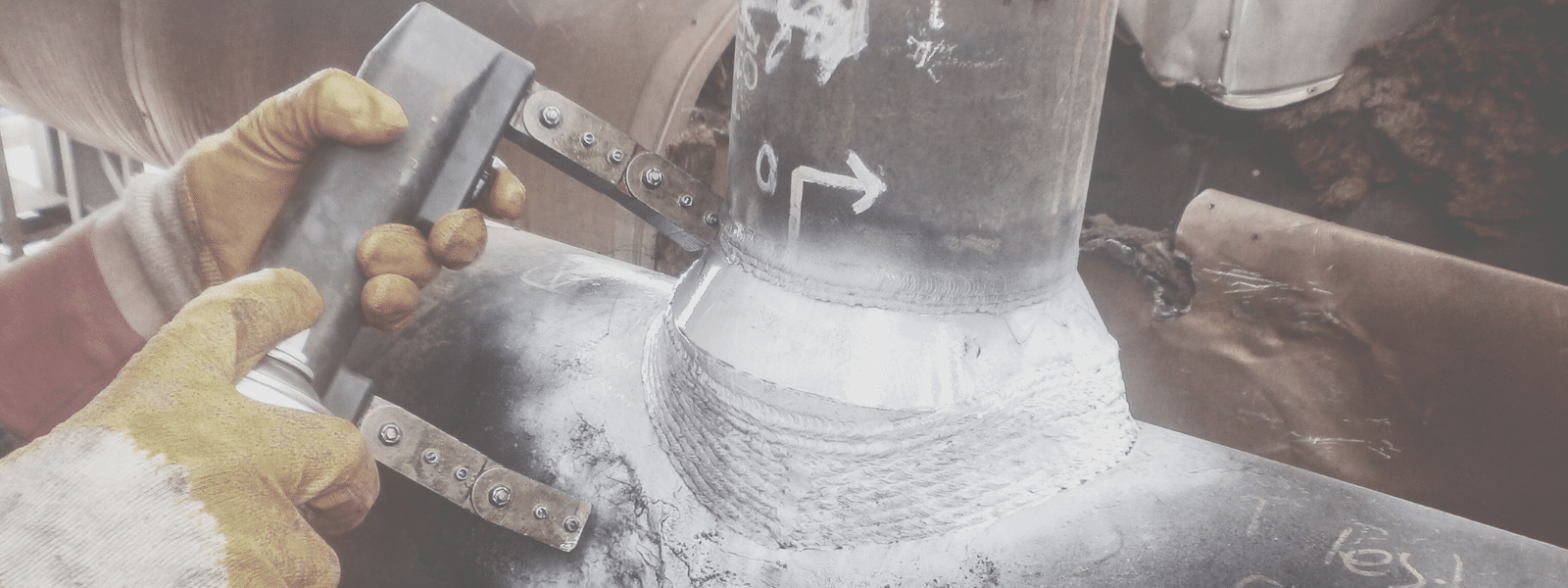Chemically enhancing agricultural yields has been a process used in America since the 1930s and spurred an agricultural boom that has led to an unprecedented production of efficiently grown produce. However, this doesn’t come without adverse effects. Soil leaching, insect immunity to pesticides, and the genocide of native plant life are just a few of the dominos toppling over into a great scheme of environmental harm due to modern agricultural methods. Chemicals are a significant part of these methods, and while the use of these chemicals certainly helps nourish an ever-growing population, it wouldn’t be ludicrous to suggest that they have an equally consequential, and potentially disastrous effect on the world.
A new agricultural revolution is turning the corner; one revolving around advanced data-driven technology and sustainability. The current overuse of chemicals that contain elements such as phosphorus and nitrates to promote crop growth is due to the lack of oversight and data on crop yields, and it is starting to prove detrimental. A central issue with the use of these types of chemicals in agriculture is that the excess runs off into surrounding water supplies, which causes problems such as algae blooms, soil and water acidification, and general ecosystem disturbance. So how do we fix this? Of course, there is an array of solutions, ranging from complex to astonishingly simplistic answers. A newly emerging form of agriculture that is starting to form is called vertical farming. This process can also use processes such as aeroponics and hydroponics to use significantly less water and energy, but most importantly, fewer chemicals. At this point in time, these forms of agriculture are pretty well researched and are starting to be implemented across the world. However, I have a new vision that could not only complement these techniques but tackle even more environmental dilemmas.
In the Fall of 2020, my first semester in college, I was awarded the research project manager position within Engineers Without Borders, University of Delaware Chapter. As a project manager, I lead an impressive team of driven individuals researching a newer form of technology called microbial fuel cells (MFCs). While the name seems quite daunting, the idea of it is fairly simple: create electricity from dirt. What? Yes, create voltage from the dirt beneath our feet. Without diving too deeply into the technicalities of it, a microbial fuel cell uses the microbes within the dirt in order to harvest electrons. In a simpler sense, it is a battery. Biomatter such as dirt is sandwiched between an anode and cathode coated in carbon. The carbon acts as an area for the microbes within the dirt to attach to and create larger colonies. As these colonies develop, they let off electrons, thus creating an electron potential between the anode and cathode—just like what the chemical reactions within household batteries do. My team tested and designed prototypes of microbial fuel cells within our university’s lab spaces in order to implement such a prototype in a third-world country abroad. I was also a contributing member to other similar projects such as designing water wells and pumps in the Philippines, which helped me understand the importance of such a technology in this type of area. Within my group, I was the driving force in prototyping and developing testing plans for our MFCs, and in so, I discovered a promising world of applications.
Before discussing how these intriguing devices can help solve the overuse of chemicals in agriculture, discussing the additional benefits of MFC’s is worth mentioning. The biology and chemistry involved in this process not only creates an electrical current but can also filter wastewater at the same time. In future applications, a wastewater treatment plant can use significantly fewer chemicals and electricity to clean our population’s wastewater. Wastewater treatment facilities use vast amounts of electricity every day as well as consume large amounts of chemicals in order to clean the water. In the future, we can use an MFC process to not only clean the water with less of these chemicals but also power the plant itself at the same time – killing two large birds with one fractionally sized stone. This type of MFC would be designed differently, however, compared to the one used in agriculture. The design of an MFC used in agriculture could consist of having plants grow within the system itself. While the plants or crops grow within the system, an ecosystem of nutrients is created, causing prime conditions for colonies of microbes to grow. These colonies will not only facilitate more electricity within the system but also foster great growing conditions for the crops themselves. With more positive bacteria, oxygen, and other vital nutrients in the soil, the crops don’t need extra chemicals such as phosphorus or nitrates to help them grow—especially in regions where the soil doesn’t have a surplus of nutrients. With this also comes an electrical system that can provide power for data monitoring systems for irrigation and soil health without having to draw from a large power plant. In other words, a farm could be its own power plant and stay off a power grid. Being self-sustaining and off of a power grid that requires constant maintenance further helps the cause of using fewer chemicals as a whole because there wouldn’t be a need for coolants, degreasers, etc., within the mechanical systems of a power grid since there wouldn’t be a power grid.
Imagining a world of self-performing farms running on dirt seems like something out of a science fiction movie, and that’s because we are quite far away from that reality. However, that is why we start small. Although there is much more research to do for my team to complete, I hope to one day see my research used in one of Engineers Without Borders’ partnering communities where they don’t have the luxury to use chemicals to help produce their own food or clean their water. Testing out an MFC system in this type of community would not only benefit the members of the community but also provide a microcosm of what an MFC agricultural system can do for the world in terms of lessening chemical usage. The environment can be affected by something that seems as minuscule as a pin-drop for the simple fact that the environment has its hand in everything that happens on this planet. Implementing one system such as a self-sustaining MFC not only creates a slew of benefits, but also lessens adverse effects from every industry: agriculture, transportation, energy, construction, infrastructure, and even the economy. Every one of these industries uses chemicals in some sense, so changing one aspect of this interconnected arch of systems, such as putting MFCs into agriculture or wastewater treatment, could be part of an answer to the evermore important question of how we can lessen our chemical use.






